搜索结果: 'methocult media formulations for mouse hematopoietic cells serum containing'
-
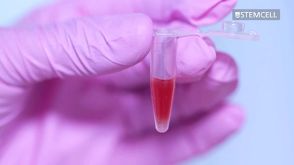 6:12
How to Deplete Red Blood Cells from Small Volume Samples with HetaSep™
6:12
How to Deplete Red Blood Cells from Small Volume Samples with HetaSep™产品类型:
产品号#:
07806
07906
产品名:
HetaSep™
HetaSep™
发布日期: 11/19/12 -
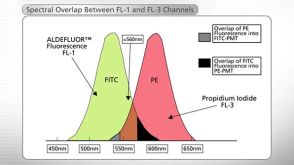 6:29
Flow Cytometry Analysis of ALDH Bright Cells with the ALDEFLUOR™ Assay Kit
6:29
Flow Cytometry Analysis of ALDH Bright Cells with the ALDEFLUOR™ Assay Kit产品类型:
产品号#:
01700
01705
01702
产品名:
ALDEFLUOR™工具
ALDEFLUOR™ DEAB试剂
ALDEFLUOR™测定缓冲液
发布日期: 9/6/11 -
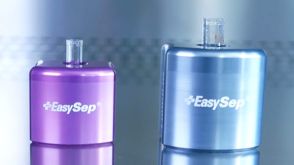 4:30
How to Isolate Cells Directly from Whole Blood Using the EasySep™ Purple/Silver Magnets
4:30
How to Isolate Cells Directly from Whole Blood Using the EasySep™ Purple/Silver Magnets产品类型:
产品号#:
10970
10990
10971
10991
10981
19264
19655
19661
19662
19662RF
19663
19664
19666
19669
19674
19674RF
18000
19665
19657
18001
19655RF
产品名:
ImmunoCult™ 人CD3/CD28/CD2 T细胞激活剂
ImmunoCult™ 人CD3/CD28/CD2 T细胞激活剂
ImmunoCult™ 人CD3/CD28 T细胞激活剂
ImmunoCult™ 人CD3/CD28 T细胞激活剂
ImmunoCult™ XF 人T细胞扩增培养基,500 mL
EasySep™ Direct 人Naïve B细胞分选试剂盒
EasySep™ Direct人总淋巴细胞分选试剂盒
EasySep™ Direct人T细胞分选试剂盒
EasySep™ Direct人CD4+ T细胞分选试剂盒
RoboSep™ Direct人CD4+ T细胞分选试剂盒
EasySep™ Direct人CD8+ T细胞分选试剂盒
EasySep™ Direct 人B-CLL细胞分选试剂盒
EasySep™ Direct人中性粒细胞分选试剂盒
EasySep™ Direct人单核细胞分选试剂盒
EasySep™ Direct人B细胞分选试剂盒
RoboSep™ Direct人B细胞分选试剂盒
EasySep™磁极
EasySep™ Direct人NK细胞分选试剂盒
EasySep™ Direct 人CTC富集试剂盒
“The Big Easy” EasySep™磁极
RoboSep™ Direct人总淋巴细胞分选试剂盒
发布日期: 3/9/15 -
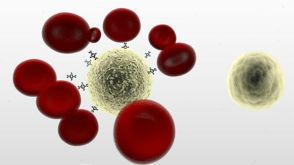 2:19
Isolate Cells from Whole Blood without Columns or Magnets: RosetteSep™ Immunodensity Cell Separation
2:19
Isolate Cells from Whole Blood without Columns or Magnets: RosetteSep™ Immunodensity Cell Separation产品类型:
产品号#:
15122
15162
15127
15167
15026
15066
15137
15177
15226
15266
15276
15022
15062
15024
15064
15361
15023
15063
15126
15166
15128
15168
15129
15169
15223
15263
15725
15621
15661
15622
15662
15623
15663
产品名:
RosetteSep™ 人CD45去除抗体混合物
RosetteSep™人CD45去除抗体混合物
含抗CD36的RosetteSep™ CTC富集抗体混合物
含抗CD36的 RosetteSep™ CTC富集抗体混合物
RosetteSep™ 人造血祖细胞富集抗体混合物
RosetteSep™人造血祖细胞富集抗体混合物
含抗CD56的RosetteSep™ CTC富集抗体混合物
含抗CD56的RosetteSep™ CTC富集抗体混合物
RosetteSep™ 人祖细胞基础预富集抗体混合物
RosetteSep™人祖细胞基础预富集抗体混合物
RosetteSep™人脐带血祖细胞完全富集试剂盒
RosetteSep™人CD4+ T细胞富集抗体混合物
RosetteSep™人CD4+ T细胞富集抗体混合物
RosetteSep™ 人B细胞富集抗体混合物
RosetteSep™人B细胞富集抗体混合物
RosetteSep™人 CD4+ CD127low T细胞富集抗体混合物
RosetteSep™ 人CD8+ T细胞富集抗体混合物
RosetteSep™人CD8+ T细胞富集抗体混合物
RosetteSep™ 人脐带血减积抗体混合物
RosetteSep™人脐带血减积抗体混合物
RosetteSep™人间充质干细胞富集抗体混合物
RosetteSep™人间充质干细胞富集抗体混合物
RosetteSep™人多发性骨髓瘤细胞富集抗体混合物
RosetteSep™人多发性骨髓瘤细胞富集抗体混合物
RosetteSep™ 人总淋巴细胞富集抗体混合物
RosetteSep™人总淋巴细胞富集抗体混合物
RosetteSep™DM-M密度介质
RosetteSep™ 人CD3去除抗体混合物
RosetteSep™人CD3去除抗体混合物
RosetteSep™ 人CD4去除抗体混合物
RosetteSep™人CD4去除抗体混合物
RosetteSep™ 人CD8去除抗体混合物
RosetteSep™人CD8去除抗体混合物
发布日期: 5/7/12 -
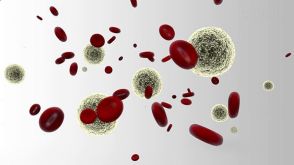 2:10
How to Isolate Nucleated Cells from Whole Blood Using HetaSep™ Erythrocyte Aggregation Agent
2:10
How to Isolate Nucleated Cells from Whole Blood Using HetaSep™ Erythrocyte Aggregation Agent产品类型:
产品号#:
07806
07906
19259
19259RF
产品名:
HetaSep™
HetaSep™
EasySep™人总粒细胞分选试剂盒
RoboSep™ 人总粒细胞分选试剂盒
发布日期: 7/5/12 -
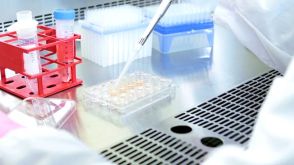 11:04
How to Generate Neural Progenitor Cells from hPSCs Using STEMdiff™ Neural Induction Medium
11:04
How to Generate Neural Progenitor Cells from hPSCs Using STEMdiff™ Neural Induction Medium产品类型:
产品号#:
05832
05833
05835
05839
05893
08581
08582
00224UK.3
产品名:
STEMdiff™ 神经花环选择试剂
STEMdiff™神经前体细胞培养基
STEMdiff™ 神经诱导培养基
STEMdiff™ 神经诱导培养基
AggreWell™ EB形成培养基
STEMdiff™SMADi神经诱导试剂盒
STEMdiff™SMADi神经诱导试剂盒,2套
2天的hPSCs重编程和维持培养课程 - UK - 冬季
发布日期: 4/4/12 -
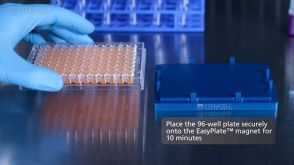 2:34
How to Isolate Cells in 96-Well Plates Using the EasyPlate™ Cell Separation Magnet
2:34
How to Isolate Cells in 96-Well Plates Using the EasyPlate™ Cell Separation Magnet产品类型:
产品号#:
17951
17951RF
17952
17952RF
17953
17953RF
18102
18170
18170RF
18945
产品名:
EasySep™人T细胞分选试剂盒
RoboSep™ 人T细胞分选试剂盒
EasySep™人CD4+ T细胞分选试剂盒
RoboSep™ 人CD4+ T细胞分选试剂盒
EasySep™人CD8+ T细胞分选试剂盒
RoboSep™ 人CD8+ T细胞分选试剂盒
EasyPlate™ EasySep™磁极
EasySep™红细胞去除试剂 - 10mL
RoboSep™ 红细胞去除试剂
EasySep™ 小鼠CD45正选试剂盒
发布日期: 7/5/12

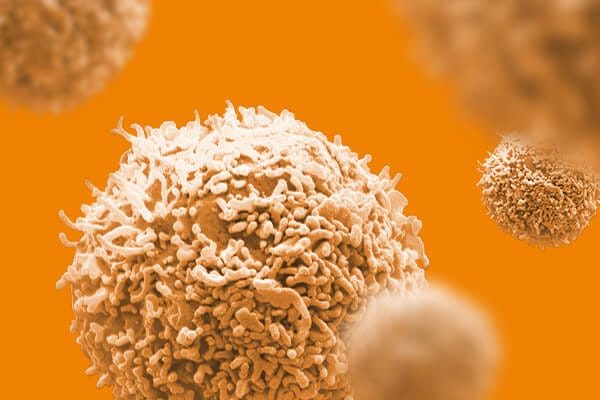
 EasySep™小鼠TIL(CD45)正选试剂盒
EasySep™小鼠TIL(CD45)正选试剂盒
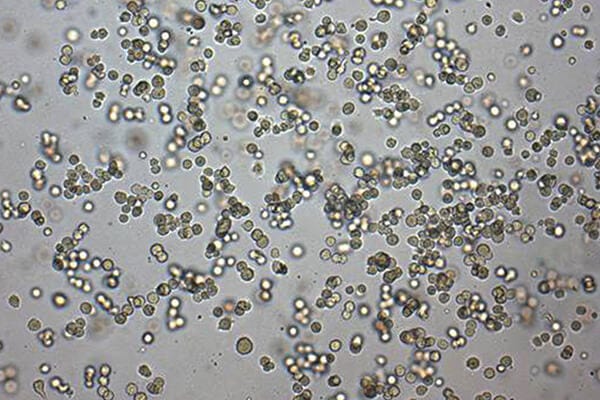
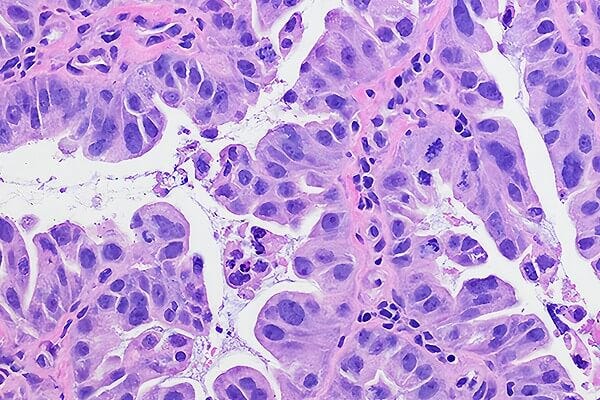


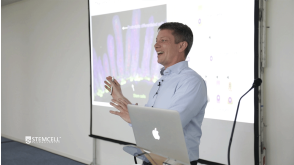
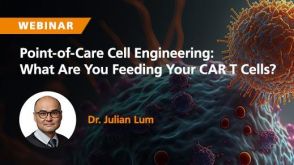
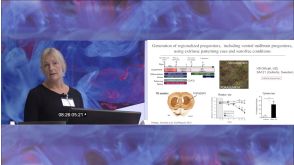
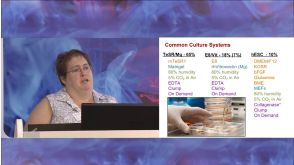


 沪公网安备31010102008431号
沪公网安备31010102008431号